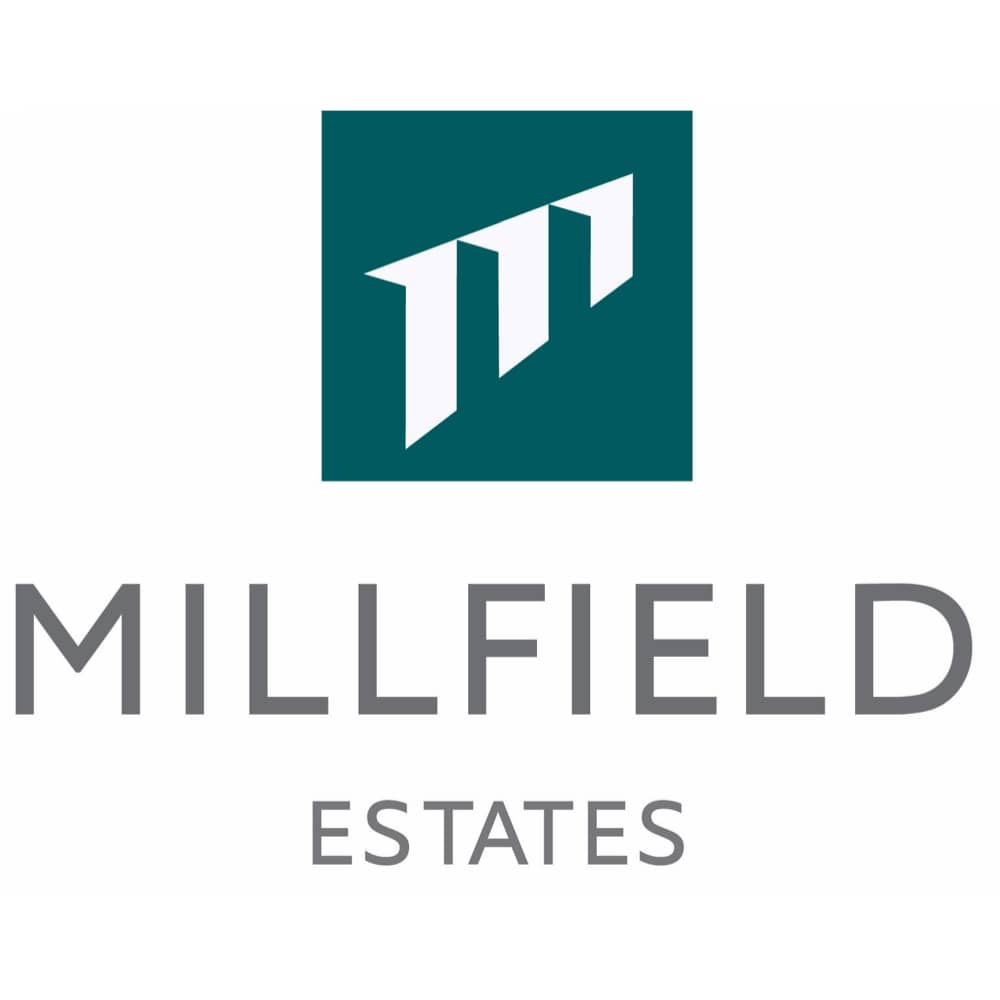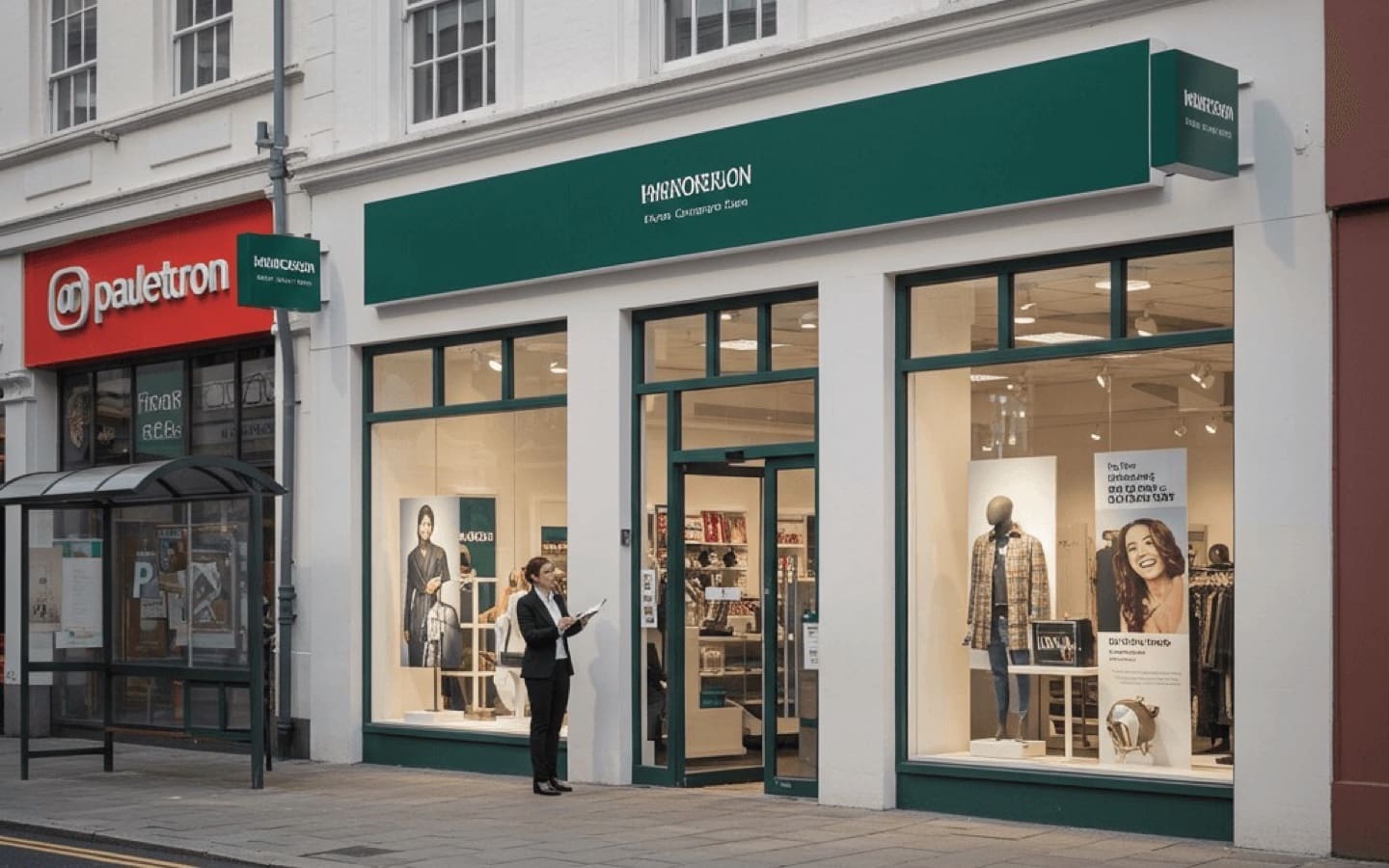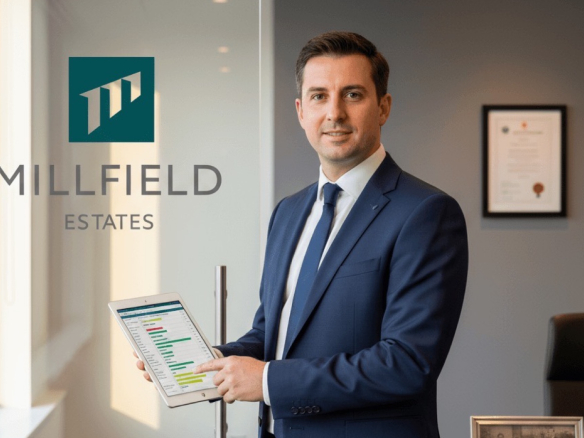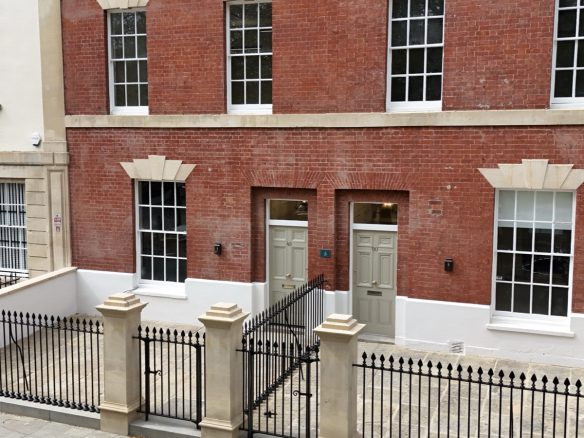Why Location Matters More Than You Think
Mastering retail selection can make a real difference to the success of your business. As property specialists at Millfield Estates, we’ve witnessed countless success stories—and unfortunately, some failures—all hinging on one crucial decision: retail unit selection.
After managing properties across the UK for three generations, from Cramlington in the North to London’s West End in the South, we’ve gained valuable insights into what truly matters when choosing a retail space.
Looking for the perfect retail unit isn’t just about finding four walls and a door. It’s about securing a foundation for your business to flourish. Our experience working with hundreds of retailers has shown us that businesses which carefully consider certain critical factors tend to outperform those that rush this vital decision.
Footfall Quality vs. Quantity
When evaluating potential retail spaces, many businesses focus solely on raw footfall numbers. While important, this approach misses a crucial distinction: quality matters as much as quantity.
For example, one of our tenants in St Albans initially hesitated about a unit that showed lower overall footfall than alternatives. However, the data revealed that while fewer people passed by, a much higher percentage matched their target demographic. After taking the space, they achieved stronger sales than at their previous high-footfall location that attracted the wrong audience.
We recommend looking beyond basic footfall counts and asking:
- What percentage of passers-by match your customer profile?
- What times of day see the most relevant traffic?
- Are nearby businesses complementary or competitive?
This deeper analysis provides a more accurate picture of a location’s true potential for your specific business.
Accessibility and Transport Links
Accessibility influences both customer convenience and operational efficiency. Our Bolton properties near transport hubs consistently maintain higher occupancy rates than comparable units in less connected areas.
When assessing potential retail units, consider:
For customers:
- Is public transport readily available?
- Is adequate parking available (and at what cost)?
- How easy is it to find and enter the premises?
- Are there any accessibility barriers for customers with mobility issues?
For operations:
- How will deliveries reach you?
- Are there loading restrictions or time limitations?
- Can staff commute easily?
One of our Manchester tenants credits their location near a major tram stop as a significant factor in their growth, as both customers and staff benefit from the convenient access.
Neighbouring Businesses and the Ecosystem Effect
The retailers around you create an ecosystem that can either boost or drain your business. We’ve observed this pattern consistently across our portfolio in Liverpool, Manchester, and Nottingham.
Consider how neighbouring businesses might:
- Drive complementary traffic to your store
- Create a destination effect where customers visit multiple shops
- Enhance the overall appeal of the area
- Share similar values and quality standards
In our Mayfair properties, businesses report significant advantages from the clustering effect of complementary retailers. Customers typically visit multiple shops during a single trip, increasing overall sales for everyone in the area.
Lease Flexibility and Room for Growth
At Millfield Estates, we pride ourselves on our flexibility and understanding of business needs. As a family-owned business, we approach landlord-tenant relationships differently than many commercial property owners.
When examining lease terms, look beyond the headline rent figure. Consider:
- How adaptable is the space to your evolving needs?
- What are the terms for making alterations?
- Are there expansion possibilities?
- What happens if you outgrow the space?
Several of our long-term tenants started in smaller units and gradually expanded as their businesses grew. This growth trajectory was possible because we established terms that accommodated their evolution from the outset.
Technical Infrastructure and Specifications
Modern retail relies increasingly on technology, making the technical infrastructure of a unit increasingly important. Basic questions to ask include:
- What’s the quality and reliability of the internet connection?
- Are there sufficient power outlets and appropriate electrical capacity?
- How effective are the heating and cooling systems?
- What are the lighting options?
These practical considerations significantly impact both customer experience and operational efficiency. In our Bolton headquarters, we’ve invested in upgrading infrastructure across our properties to meet the changing needs of modern retailers.
The Value of a Responsive Landlord
The landlord-tenant relationship affects your daily operations and long-term success. As property managers who maintain a hands-on approach, we’ve seen how responsive property management contributes to tenant satisfaction and business performance.
Questions worth asking about any potential landlord include:
- How quickly do they respond to issues?
- What’s their track record on maintenance?
- Do they understand retail business needs?
- How do current tenants describe working with them?
Our philosophy at Millfield Estates centres on building lasting relationships with tenants. This approach has resulted in exceptional tenant retention rates across our portfolio spanning industrial estates, trade counter developments, retail units, and office buildings.
Making Your Final Decision
After considering all these factors, how do you make the final decision? We suggest creating a weighted scoring system based on your specific business priorities. This methodical approach helps balance emotional responses with objective analysis.
Remember that the perfect retail unit doesn’t exist—every space involves trade-offs. The key is identifying which factors matter most for your specific business model and finding the best available match.
Our team at Millfield Estates has guided numerous businesses through this decision-making process. From our experience spanning three generations of property management across the UK, we’ve learned that successful retail businesses typically prioritise location quality, growth potential, and landlord relationship over minor cosmetic issues or marginal cost savings.
By taking a strategic approach to retail unit selection and working with knowledgeable property specialists, you position your business for sustainable growth and long-term success. When you’re ready to find your next retail space, we’re here to help you navigate these critical decisions.




